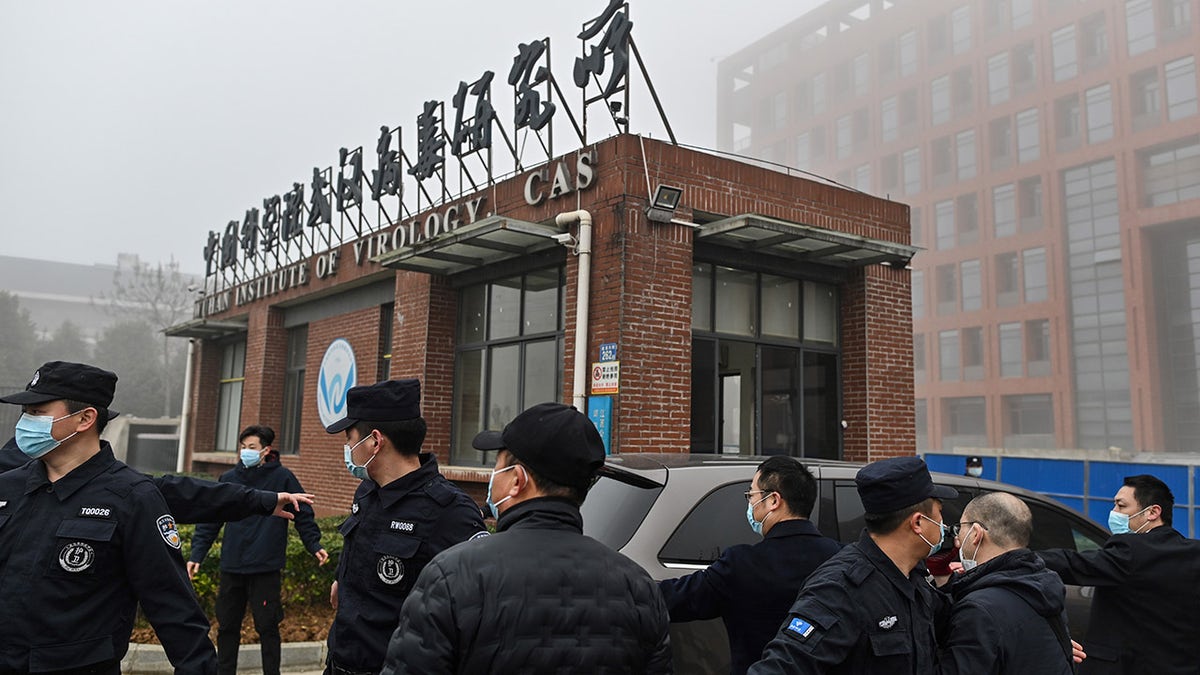House GOP releases report on COVID origins, says it leaked from a lab in September 2019
Rep. Greg Steube, R-Fla., speaks out about the new coronavirus findings, praises Gov. DeSantis' handling of pandemic
President Biden is expected to receive a briefing on the origin of COVID-19 from the intelligence community as early as Tuesday.
The president announced in May that the U.S. intelligence community had "coalesced around two likely scenarios" for the origin of COVID-19, "including whether it emerged from human contact with an infected animal or from a laboratory accident," and asked for a follow-up report in 90 days.
In March, Biden received a report on the pandemic's origin that was inconclusive and revealed internal disagreement over whether the virus jumped from animal to human or leaked from a lab.

Members of the World Health Organization (WHO) team investigating the origins of the COVID-19 coronavirus, arrive at the Wuhan Institute of Virology in Wuhan. (Photo by HECTOR RETAMAL/AFP via Getty Images)
The president in May asked the intelligence community to "redouble their efforts to collect and analyze information that could bring us closer to a definitive conclusion, and to report back to me in 90 days," he said at the time.
GOP SENS. JOHNSON, PAUL SUGGEST HHS STONEWALLING ON COVID-19 ORIGIN, DEMAND UNREDACTED DOCS
The intelligence community is expected to release an unclassified version of the report before the weekend.
Officials revealed in May that several workers at the Wuhan Institute of Virology, which was conducting gain-of-function research in China's Hubei province, fell ill in mid-November 2019, about a month before the first COVID-19 case was reported in the Chinese city.
CLICK HERE TO GET THE FOX NEWS APP
The Wall Street Journal also reported that some of the Wuhan Institute of Virology workers who fell ill in 2019 required hospital care, lending weight to what some have dubbed the "lab-leak theory," citing previously undisclosed U.S. intelligence documents.
The virology lab built an archive of genetic information about bat coronaviruses after the 2003 outbreak of Severe Acute Respiratory Syndrome and has faced criticism over its transparency throughout the pandemic.
Fox News' Kelly Chernenkoff, Brooke Singman and Talia Kaplan contributed to this report.














































